
Recently the New York Times published an article titled “The Beauty of the Silent Walk,” about an emerging wellness trend among TikTok influencers.
I was excited to read it, because I assumed this group of young people (and now the NYT readership) had just discovered a practice I thought I invented, called the “wordless walk.” I don’t think I’ve written about it here, but I have described it in some of my books and courses.
To take a wordless walk, you go for a walk with the intention of staying attentive to the environment around you, particularly how it sounds. Whenever you notice you’re talking in your head, about anything, you drop the talk and go back to listening and looking. You can talk in your head later; the walk is just for noticing.
This practice teaches you that you don’t need to address every instance of mental talk you have. In fact, your thoughts will never leave you alone if you try to resolve every train of thought that arises. Instead, you can just enjoy the world as it reveals itself before you.
The wordless walk is never really wordless in practice. Thoughts still get a hold of you, but simply practicing the intention to defer to noticing over thinking can make a huge difference to your mental state, and your relationship with thinking in general.
To my disappointment, this is not what the TikTokkers were doing. By “silent walk,” they just meant walking without listening to headphones. “No airpods, no podcasts, no music,” one influencer put it. “Just me, myself, and I” she said, tapping her forehead for emphasis. By the sounds of it, the “silent walk” movement is essentially Gen Z’s discovery of inner monologue as an alternative to constant electronic entertainment. That’s definitely an improvement, but there was no mention of possibly experiencing the kind of silence that lies outside of thought and words.
Read More
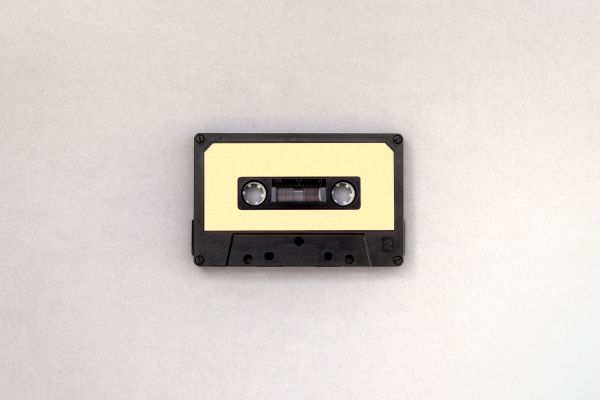
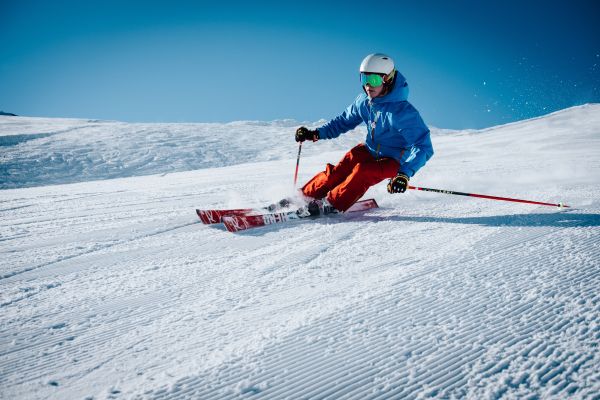
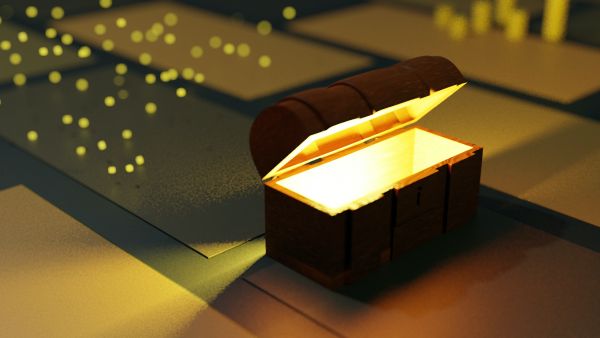
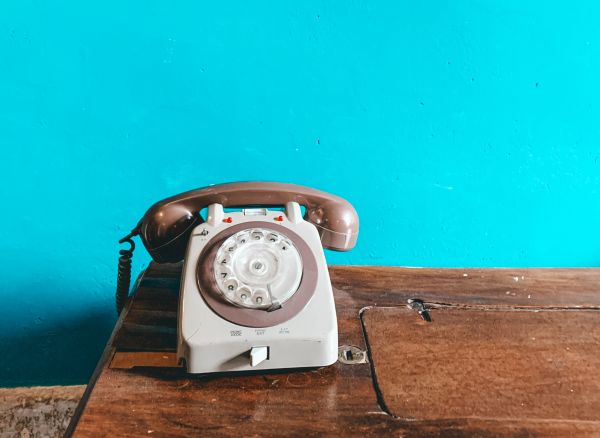

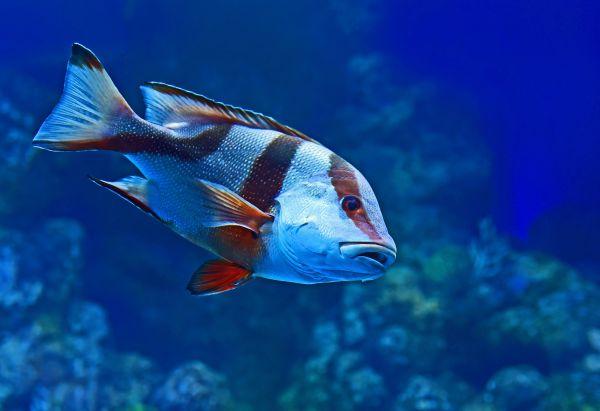
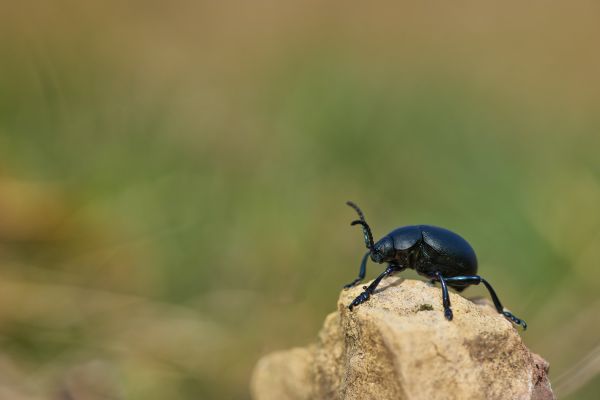

 I'm David, and Raptitude is a blog about getting better at being human -- things we can do to improve our lives today.
I'm David, and Raptitude is a blog about getting better at being human -- things we can do to improve our lives today.
It all pretty the opposite if you're not in the US :) Since 2022 I've changed 3 countries and I'm planning to emigrate to the fourth one. I've had so much novelty and so many things to adapt to. However, time had never run so fast for me as in 2022...